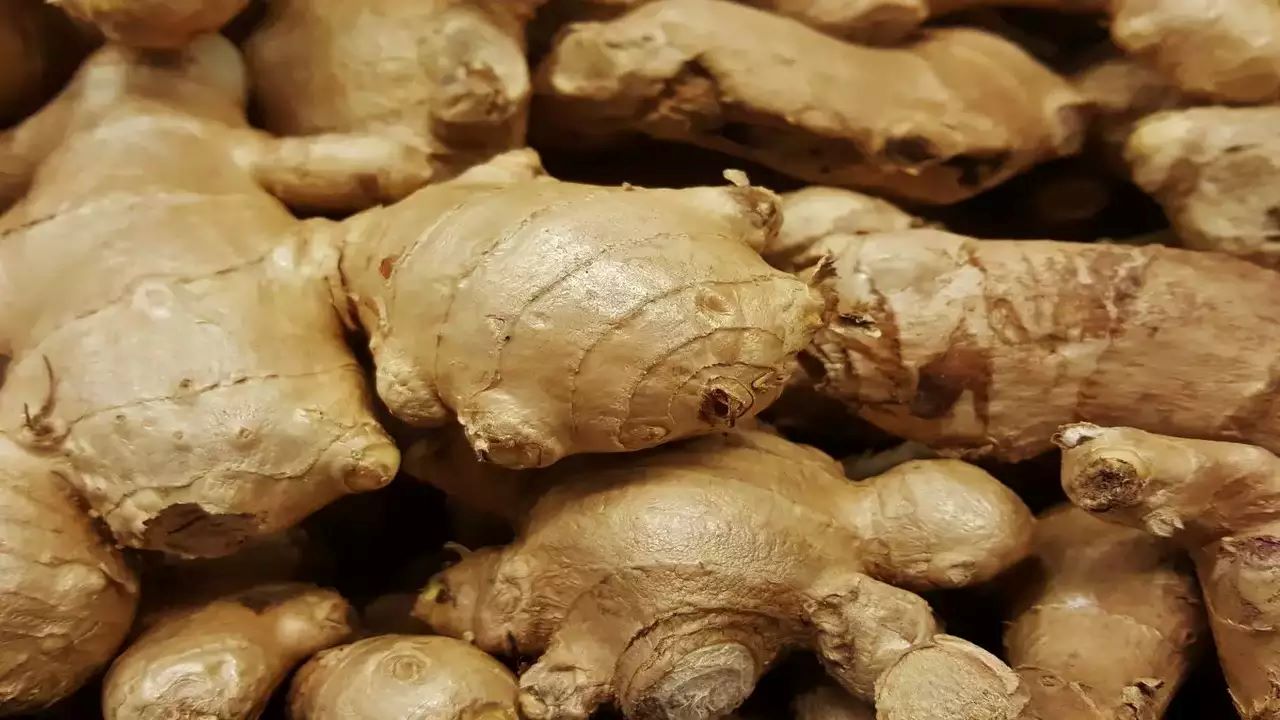

Articles
How To Store Ginger For A Long Time
Modified: January 9, 2024
Learn the best techniques for storing ginger to keep it fresh and flavorful for extended periods. Discover effective methods and tips in this informative article.
(Many of the links in this article redirect to a specific reviewed product. Your purchase of these products through affiliate links helps to generate commission for Storables.com, at no extra cost. Learn more)
Introduction
Ginger is a versatile and aromatic root that adds a burst of flavor to a wide range of dishes, from stir-fries to baked goods. Not only does ginger have a distinctive taste, but it also boasts a variety of health benefits, such as aiding digestion, reducing inflammation, and boosting the immune system.
However, fresh ginger tends to spoil quickly if not stored properly. That’s why it’s crucial to know the best methods for storing ginger to ensure its freshness and flavor for an extended period.
In this article, we will guide you through the process of properly storing ginger to maximize its shelf life. We will explore various storage methods, including refrigeration, freezing, and drying, as well as provide tips on how to extend the lifespan of this versatile root.
By following the steps and tips outlined in this article, you’ll be able to enjoy the unique flavor and health benefits of ginger even long after you’ve purchased it. So let’s dive in and discover how to store ginger for a long time!
Key Takeaways:
- Properly storing ginger is essential for maintaining its freshness and flavor. Whether refrigerating, freezing, or drying, the right method can extend its shelf life and enhance culinary experiences.
- Identifying signs of spoiled ginger is crucial to avoid consuming unsafe produce. By being vigilant and using proper storage techniques, you can enjoy the benefits of ginger for an extended period.
Properly Storing Fresh Ginger
When it comes to storing ginger, starting with the right quality and fresh ginger root is essential. Here are some tips on choosing the right ginger and preparing it for storage:
Choosing the Right Ginger
Look for ginger roots that are firm to the touch and have smooth skin. Avoid ginger that feels soft, wrinkled, or has any signs of mold or spoilage. Fresh ginger should also have a strong and spicy aroma, indicating its potency.
It’s best to select ginger roots with minimal bumps and knobs, as these can be difficult to clean and may harbor bacteria. Opt for ginger with thinner skin, as it tends to be less fibrous and easier to use in cooking.
Cleaning and Preparing Ginger for Storage
Before storing ginger, it’s important to clean and prepare it properly to remove any dirt or impurities. Here’s how to do it:
- Start by rinsing the ginger root under cold water to remove any visible dirt or debris. Use your hands or a gentle brush to scrub the surface if needed.
- If desired, you can peel the ginger to remove the outer layer. While the peel is edible, some people prefer the smoother texture and milder flavor of peeled ginger.
- To peel the ginger, you can use a vegetable peeler or a small spoon to gently scrape off the skin. Work your way around the root until all the skin is removed.
- After peeling, pat the ginger dry with a paper towel to remove excess moisture. Keep in mind that moisture can promote spoilage, so it’s important to dry the ginger before storing it.
- Finally, cut the ginger into the desired size or leave it whole if preferred. Cutting it into smaller pieces can make it easier to use in recipes later on.
With your ginger root cleaned and prepared, you’re now ready to explore the various methods of storing ginger for long-term freshness. Whether you prefer to refrigerate, freeze, or dry the ginger, we have you covered. Let’s delve into each method in detail.
Methods for Storing Ginger
Now that you have chosen and prepared your ginger, it’s time to explore the different methods for storing it. Depending on your preferences and how you plan to use the ginger, you can refrigerate, freeze, or dry it for long-term storage.
Read more: How To Store Ginger Long Term
Refrigerating Fresh Ginger
Refrigeration is an effective method for storing fresh ginger and extending its shelf life. Here’s how to do it:
- Wrap the ginger tightly in a paper towel to absorb excess moisture and prevent it from becoming too moist.
- Place the wrapped ginger in a resealable plastic bag or an airtight container, ensuring there’s minimal air inside. Alternatively, you can wrap it with aluminum foil.
- Store the ginger in the vegetable crisper drawer of your refrigerator. The cool temperature will help slow down the spoilage process.
- Try to use the ginger within two to three weeks for the best flavor and quality. Over time, the ginger may become less potent and lose some of its flavor.
Freezing Fresh Ginger
Freezing ginger is another excellent option for long-term storage. Follow these steps to freeze fresh ginger:
- Peeled or unpeeled, cut the ginger into small pieces or grate it into fine shreds. Freezing smaller portions allows for easier use in recipes later on.
- Place the ginger pieces or shreds on a parchment-lined baking sheet, ensuring they are not touching each other to prevent clumping.
- Put the baking sheet with the ginger in the freezer and leave it until the ginger is fully frozen.
- Transfer the frozen ginger into a labeled and airtight container or a resealable freezer bag. Make sure to remove as much air as possible to prevent freezer burn.
- Store the ginger in the freezer for up to six months. Thaw out only the amount you need when cooking or baking.
Drying Ginger for Long-Term Storage
If you prefer a more shelf-stable form of ginger, drying it is an ideal method. Follow these steps to dry ginger:
- Peeled or unpeeled, cut the ginger into thin slices or julienne strips for faster drying.
- Place the ginger slices or strips on a baking sheet and leave them to air dry in a well-ventilated area for 2-3 days. Alternatively, you can also use a dehydrator or oven set at a low temperature.
- Once the ginger is completely dry and brittle, store it in an airtight container or a glass jar with a tight-fitting lid.
- Keep the dried ginger in a cool, dark place like your pantry or spice cabinet. It can last for up to a year if stored properly.
These storage methods give you flexibility in using ginger in a variety of ways, whether as a fresh ingredient, frozen for convenience, or dried for longer-term storage. Now that you know how to store ginger, let’s explore some tips to help extend its shelf life and maintain its quality.
Tips for Extending Ginger’s Shelf Life
To ensure that your ginger stays fresh and flavorful for as long as possible, here are some helpful tips to extend its shelf life:
Read more: How To Store Fresh Ginger Long Term
Using Airtight Containers
When storing ginger, it’s important to use airtight containers or bags to protect it from exposure to air. Oxygen can speed up the spoilage process and cause the ginger to lose its flavor and potency. By sealing the ginger in an airtight container, you create a barrier that helps maintain its freshness.
Choose containers made of glass or food-grade plastic that have tight-fitting lids. Mason jars or resealable plastic bags work well for smaller portions. Make sure to remove as much air as possible before sealing the container.
Keeping Ginger away from Moisture and Light
Ginger is highly sensitive to moisture, which can lead to mold and spoilage. Store ginger in a cool and dry place to minimize its exposure to moisture. Avoid areas of your kitchen that are prone to humidity, such as near the sink or stove.
Additionally, keep ginger away from direct sunlight or bright artificial light. Light can cause the ginger to oxidize and lose its flavor. Store ginger in a dark cupboard or pantry, or use opaque containers to shield it from light.
If storing ginger in the refrigerator or freezer, ensure that it is properly wrapped to prevent condensation from forming on the surface.
By following these tips, you can help maintain the freshness and quality of your ginger for an extended period. Whether you store it in the refrigerator, freezer, or dry it for a longer shelf life, proper storage techniques will ensure that you can always reach for fresh and flavorful ginger when you need it.
Now that you know how to store and extend the shelf life of ginger, it’s important to be aware of the signs that indicate ginger has gone bad. Let’s explore that in the next section.
How to Know if Ginger Has Gone Bad
Ginger is a perishable root, and like any other fresh produce, it can go bad over time. It’s important to be able to identify the signs that ginger has spoiled to avoid consuming it past its prime. Here are some indicators that ginger has gone bad:
1. Mold or Rot: If you notice any fuzzy mold growth, discoloration, or slimy texture on the surface of the ginger, it has likely started to rot. Mold is a clear sign that the ginger is no longer safe to consume and should be discarded.
2. Foul Odor: Fresh ginger has a strong and pleasant aroma. However, if you detect a foul or rancid smell coming from the ginger, it indicates spoilage. An off-putting odor is a clear indication that the ginger has gone bad.
3. Slimy Texture: Ginger should have a firm and crisp texture. If the ginger feels soft, mushy, or slimy to the touch, it has likely begun to deteriorate. The slimy texture is a result of bacterial growth, and consuming such ginger can lead to food poisoning.
4. Wrinkled or Shrinking: Fresh ginger should appear plump and firm. If the ginger starts to wrinkle or shrivel, it is a sign that it has lost its moisture and is becoming dehydrated. While it may still be safe to consume, the quality and flavor may have significantly diminished.
It’s important to note that ginger may become less potent and lose some of its flavor over time, even if it hasn’t gone bad. While it may still be safe to use, be aware that older ginger may not impart the same level of flavor as fresh ginger.
To maximize the shelf life of ginger and avoid spoilage, always ensure proper storage conditions, such as refrigerating, freezing, or drying as discussed earlier. Regularly inspect your ginger for any signs of spoilage and discard any ginger that shows these indications.
By being vigilant and using your senses to identify these signs, you can ensure that you are using fresh and safe ginger in your culinary creations. Now that you are equipped with the knowledge of how to store ginger, extend its shelf life, and identify spoilage, you can confidently enjoy the unique flavor and benefits of ginger for an extended period of time.
Conclusion
Ginger is a versatile and flavorful root that adds a delightful kick to dishes and provides numerous health benefits. To fully enjoy its unique taste and benefits, it is crucial to store ginger properly and extend its shelf life.
In this article, we discussed different methods for storing ginger, including refrigeration, freezing, and drying. Each method offers its own advantages, depending on your preferences and intended usage. Refrigerating ginger keeps it fresh for a few weeks, while freezing and drying allow for longer-term storage.
We also provided tips for prolonging ginger’s shelf life, such as using airtight containers to prevent exposure to air, moisture, and light. These guidelines help maintain the ginger’s freshness, flavor, and potency, ensuring that it remains delicious and beneficial for as long as possible.
Additionally, we discussed the signs of ginger gone bad, such as the presence of mold, foul odor, slimy texture, or shriveled appearance. It is important to be aware of these signs to avoid consumption of spoiled ginger, which can lead to health issues.
By following the proper storage methods, implementing the tips to extend shelf life, and being mindful of signs of spoilage, you can enjoy ginger’s delightful flavor and health benefits even long after purchasing it. Whether you’re using it in savory dishes, refreshing beverages, or homemade remedies, properly stored ginger will always elevate your culinary experiences.
So, next time you stock up on fresh ginger, put your knowledge into practice and store it properly to ensure its longevity. With the right storage techniques, you can always have that aromatic and zesty ginger ready to enhance your meals and enrich your well-being.
Happy cooking and savoring the wonders of ginger!
Frequently Asked Questions about How To Store Ginger For A Long Time
Was this page helpful?
At Storables.com, we guarantee accurate and reliable information. Our content, validated by Expert Board Contributors, is crafted following stringent Editorial Policies. We're committed to providing you with well-researched, expert-backed insights for all your informational needs.
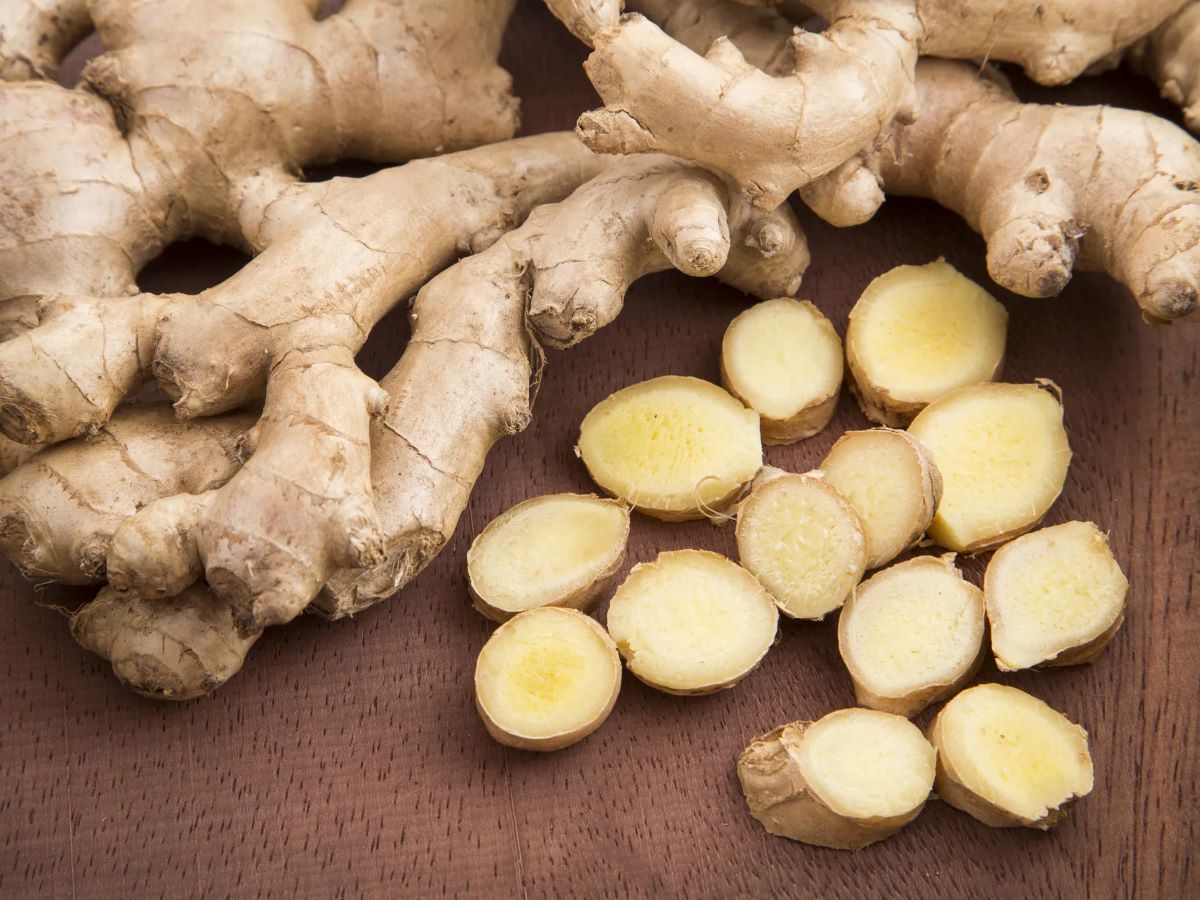
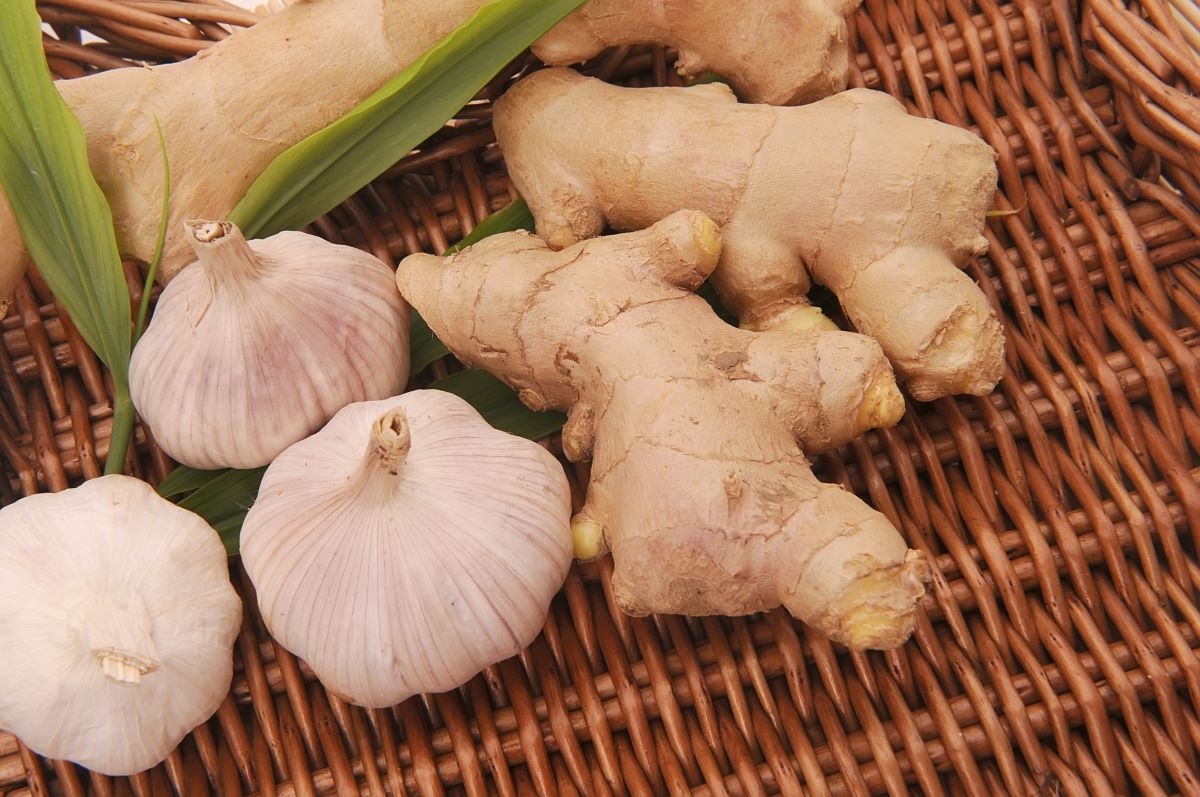
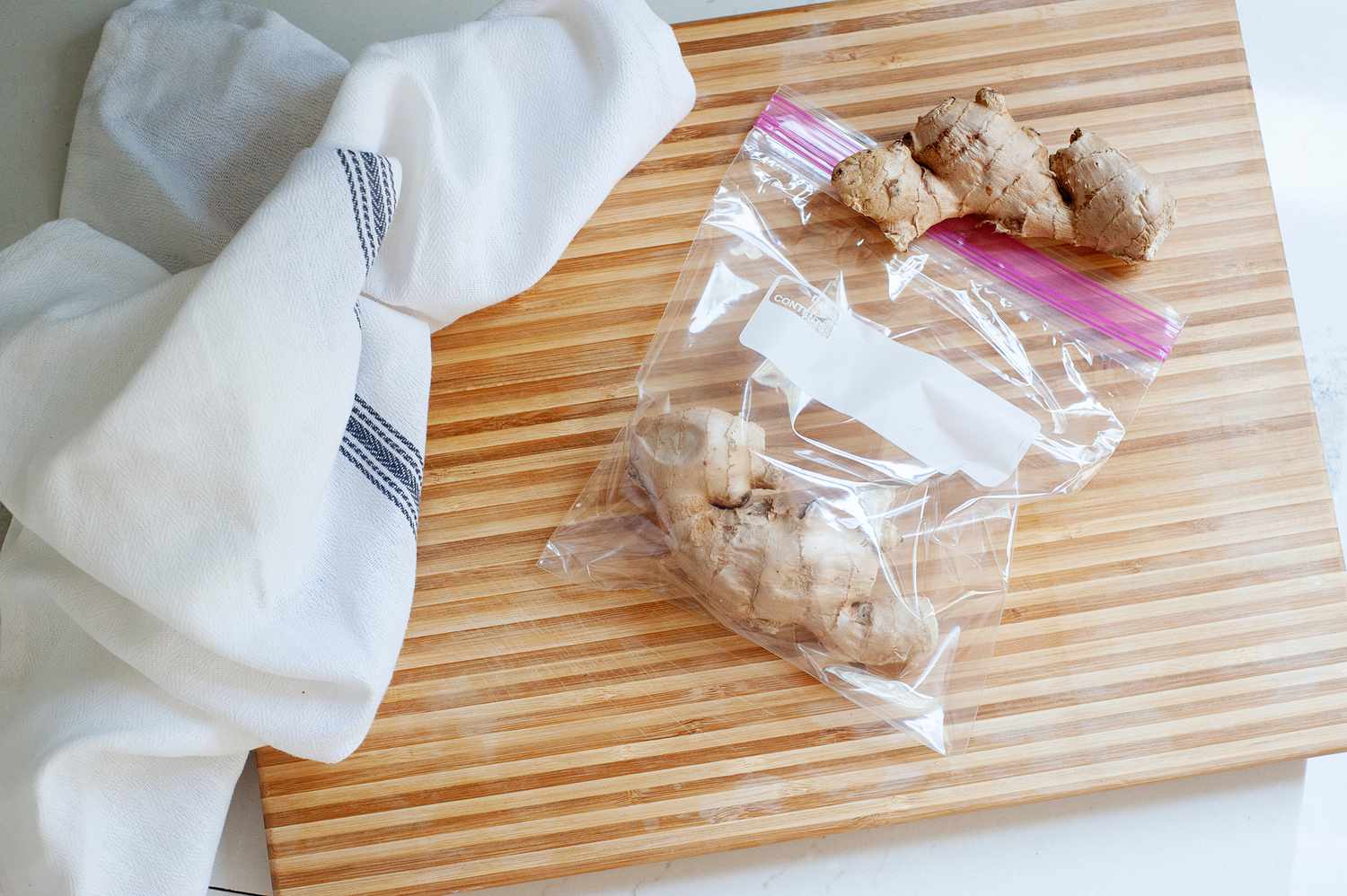
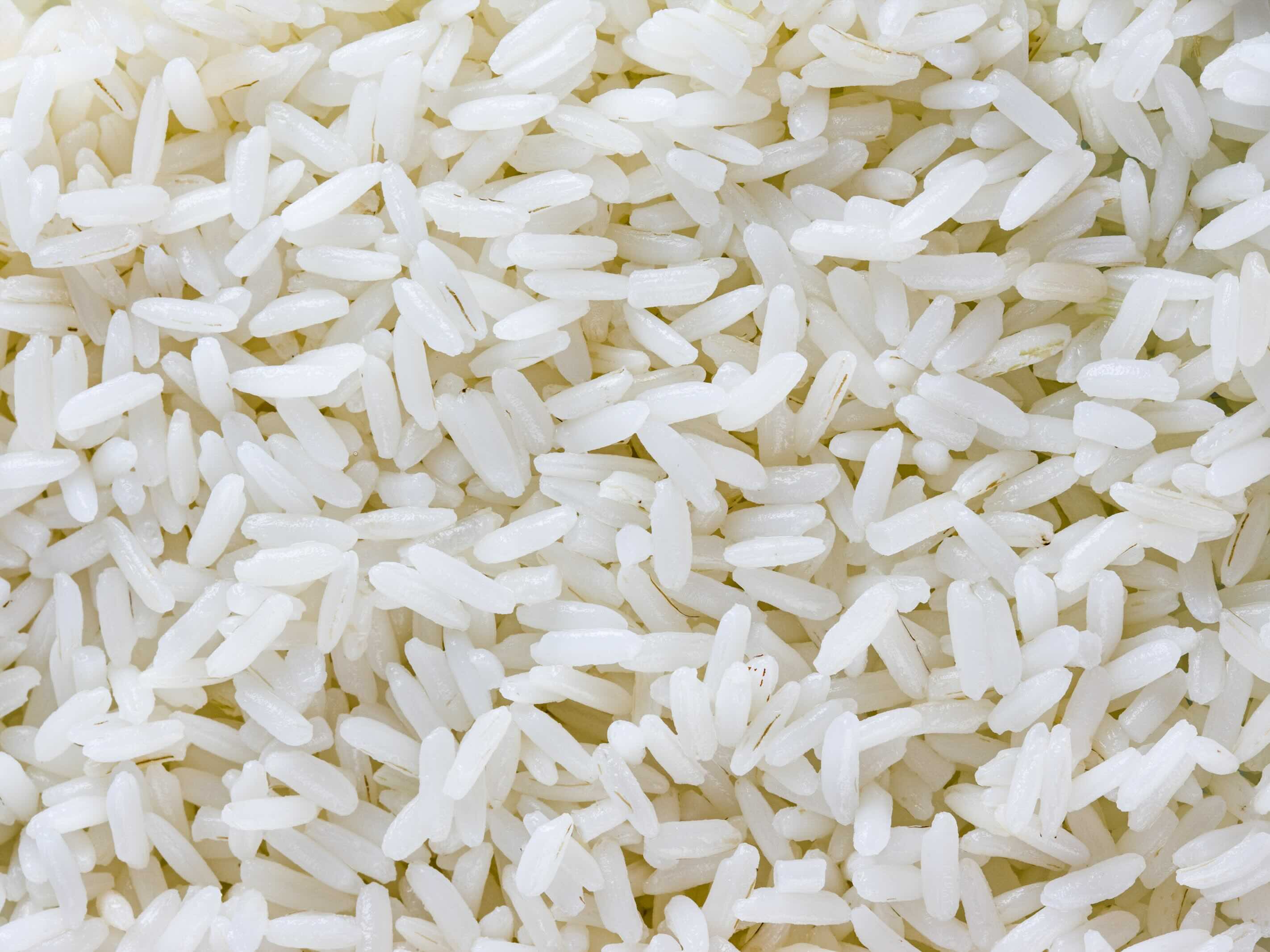
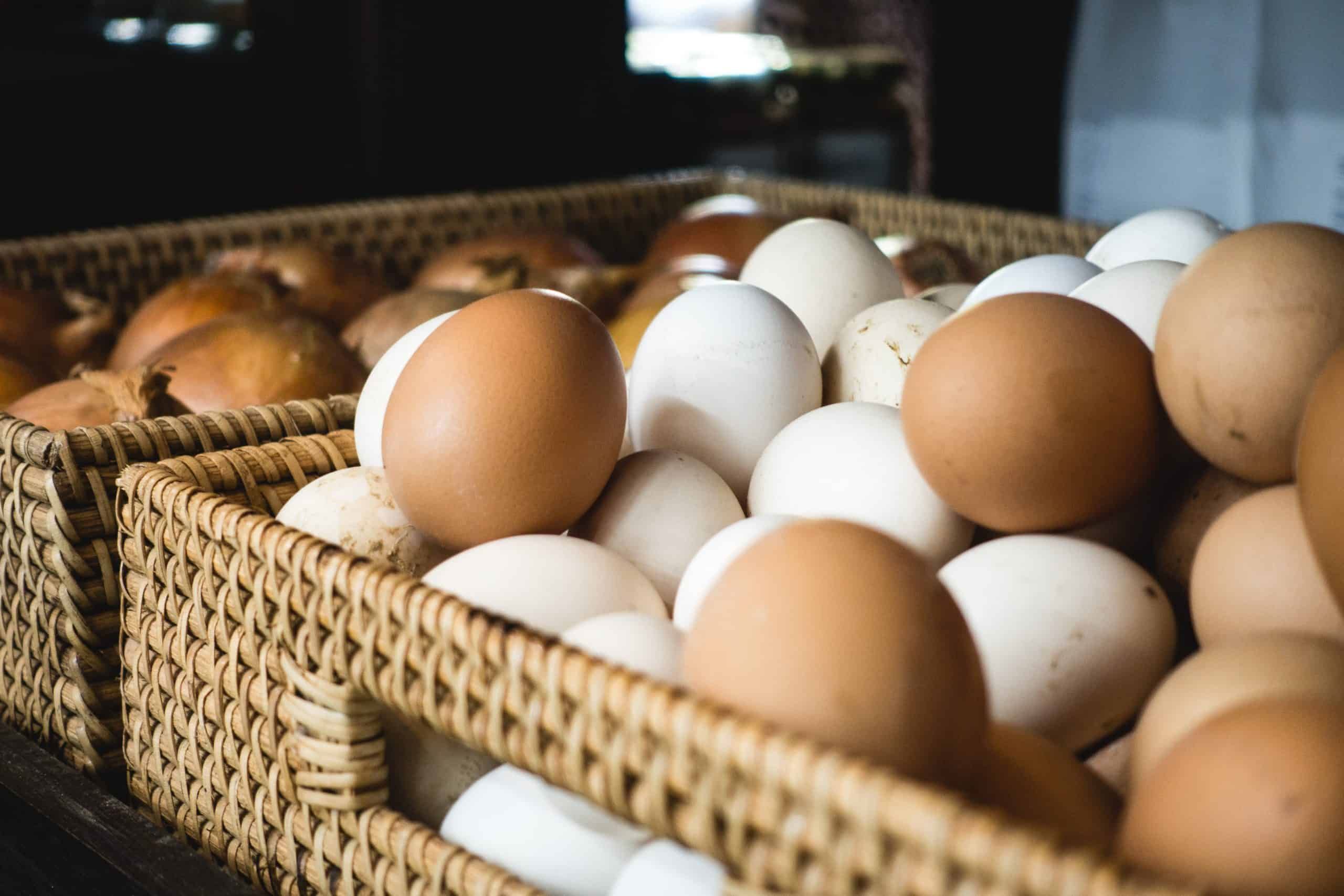


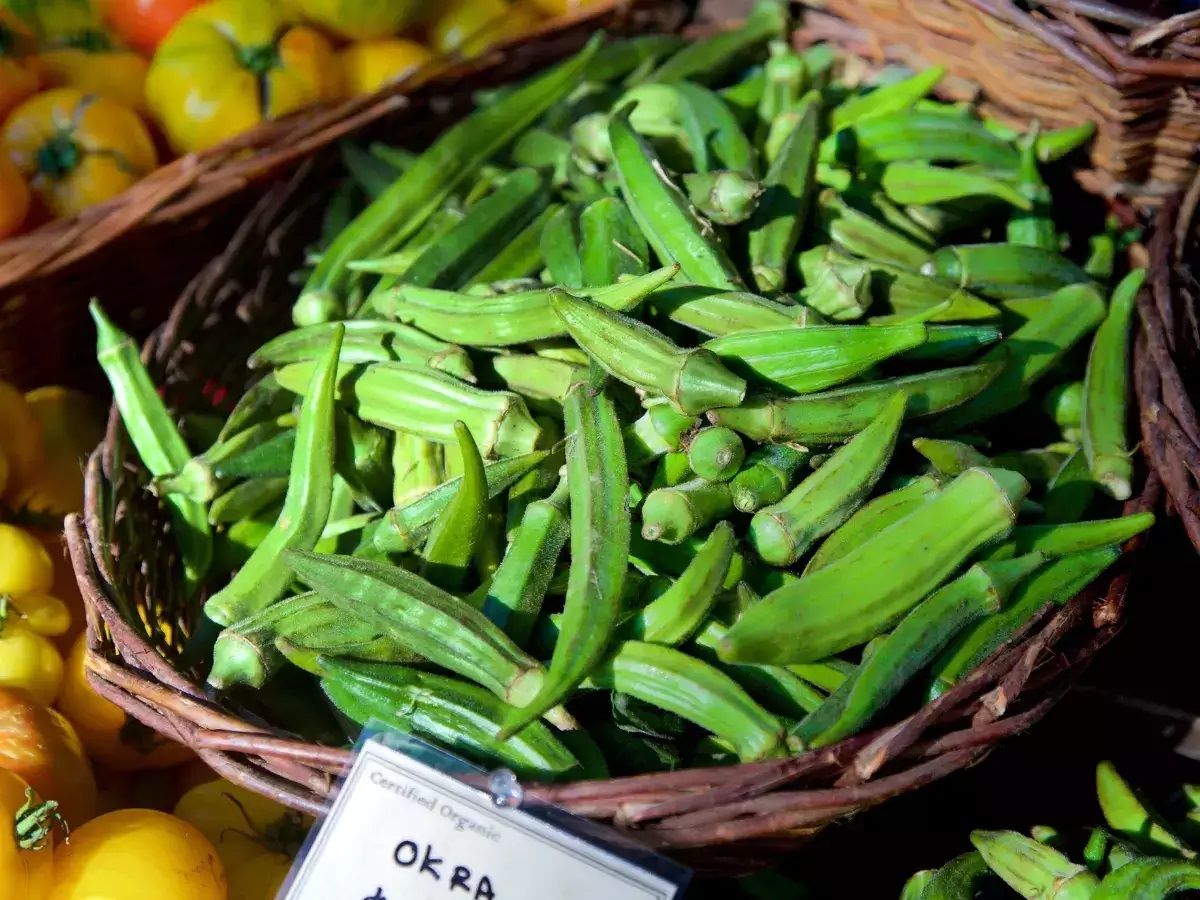
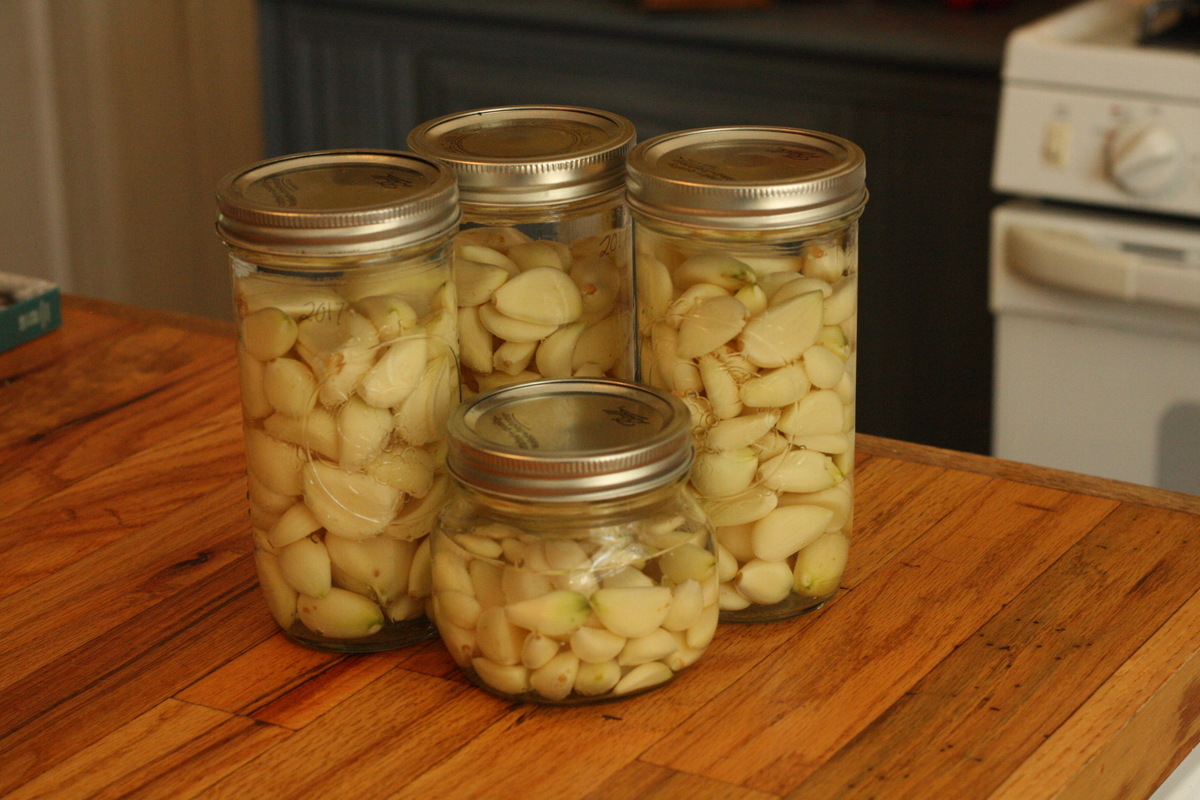
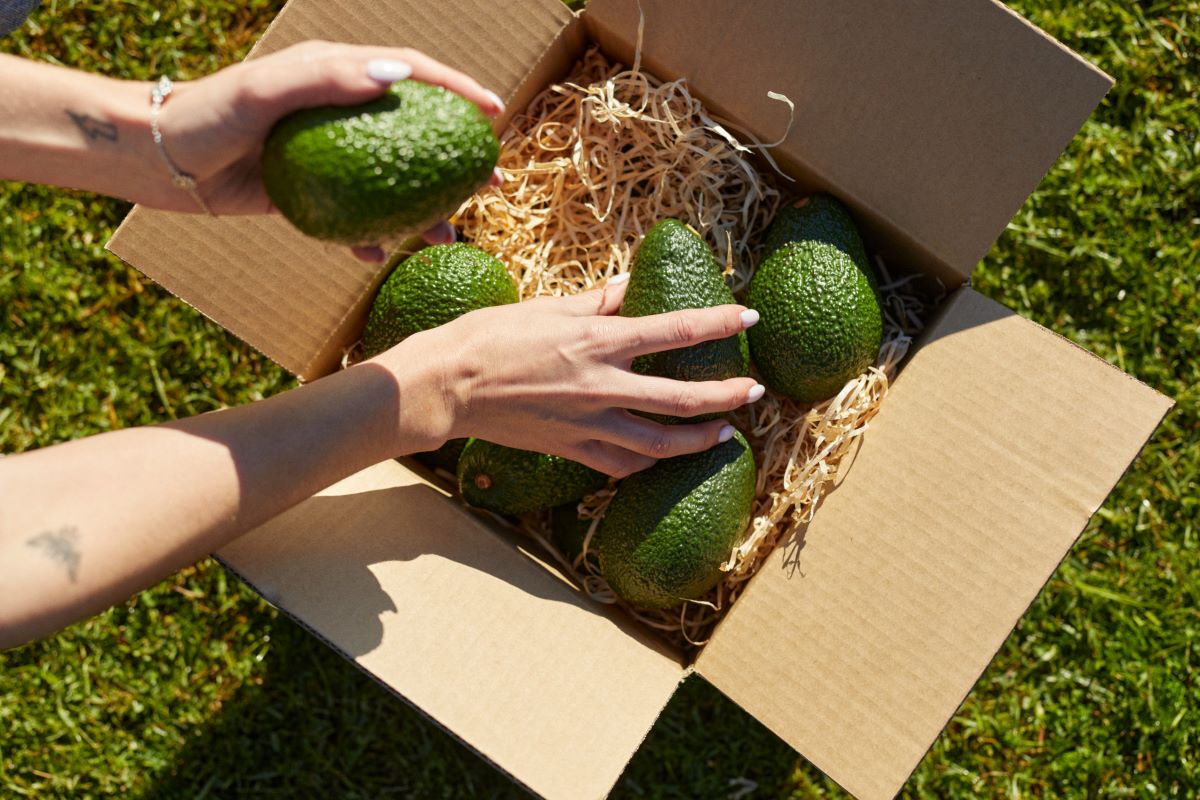
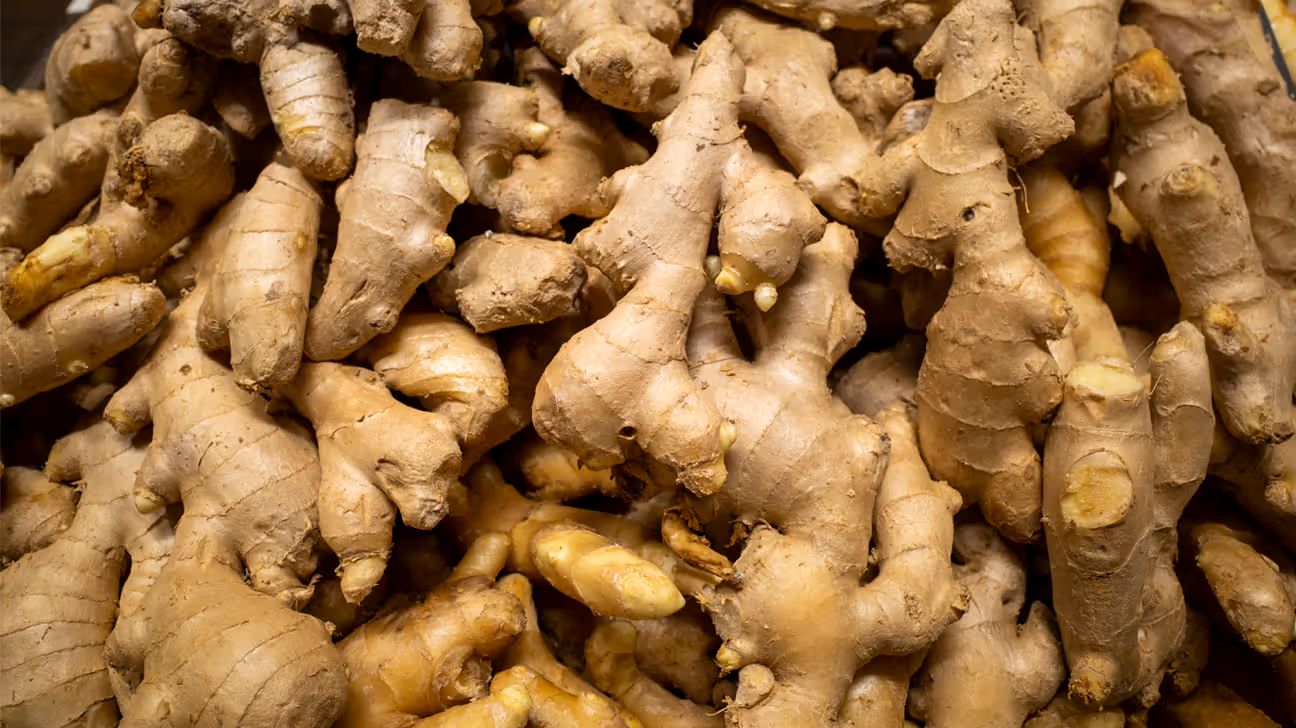
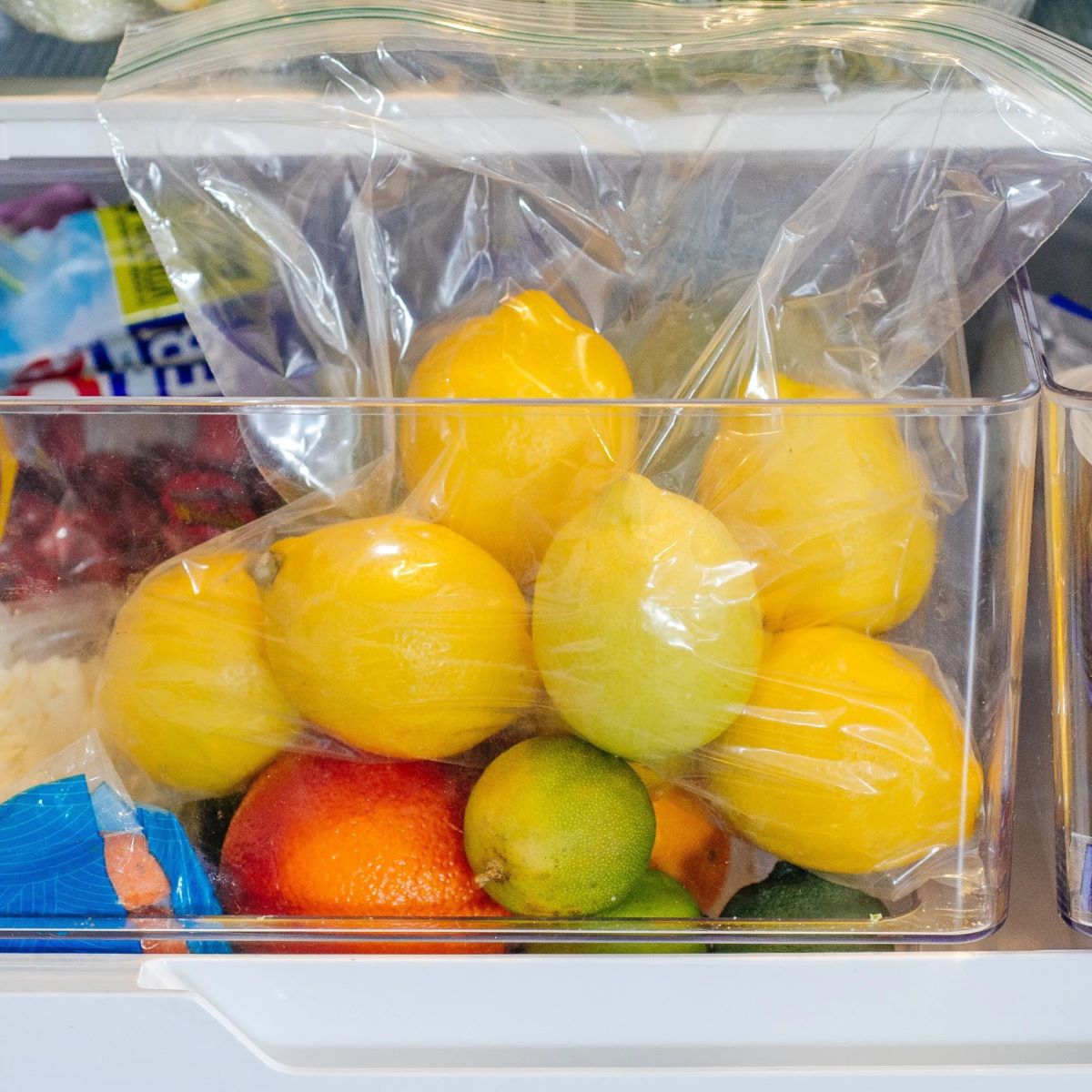
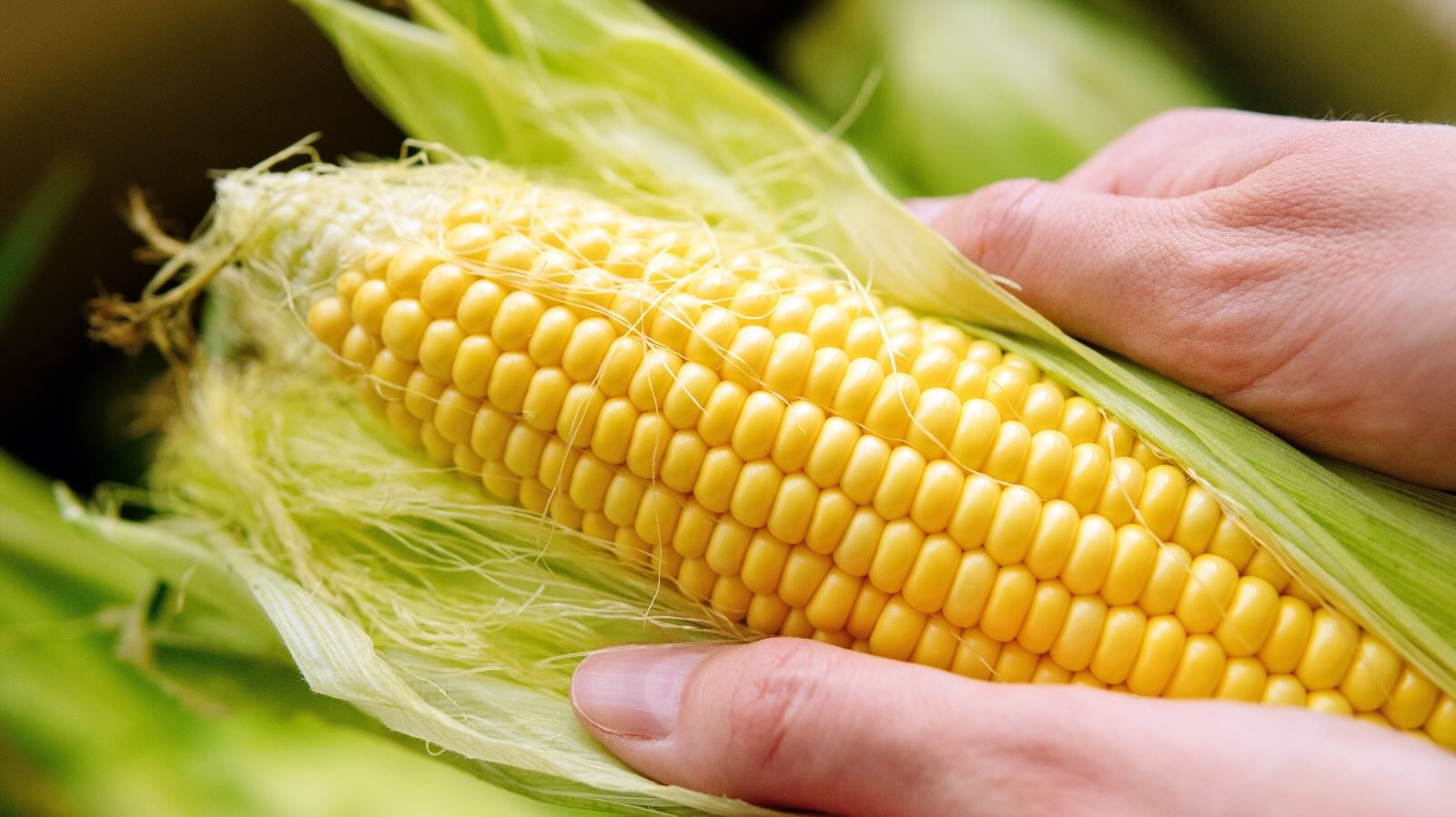

0 thoughts on “How To Store Ginger For A Long Time”